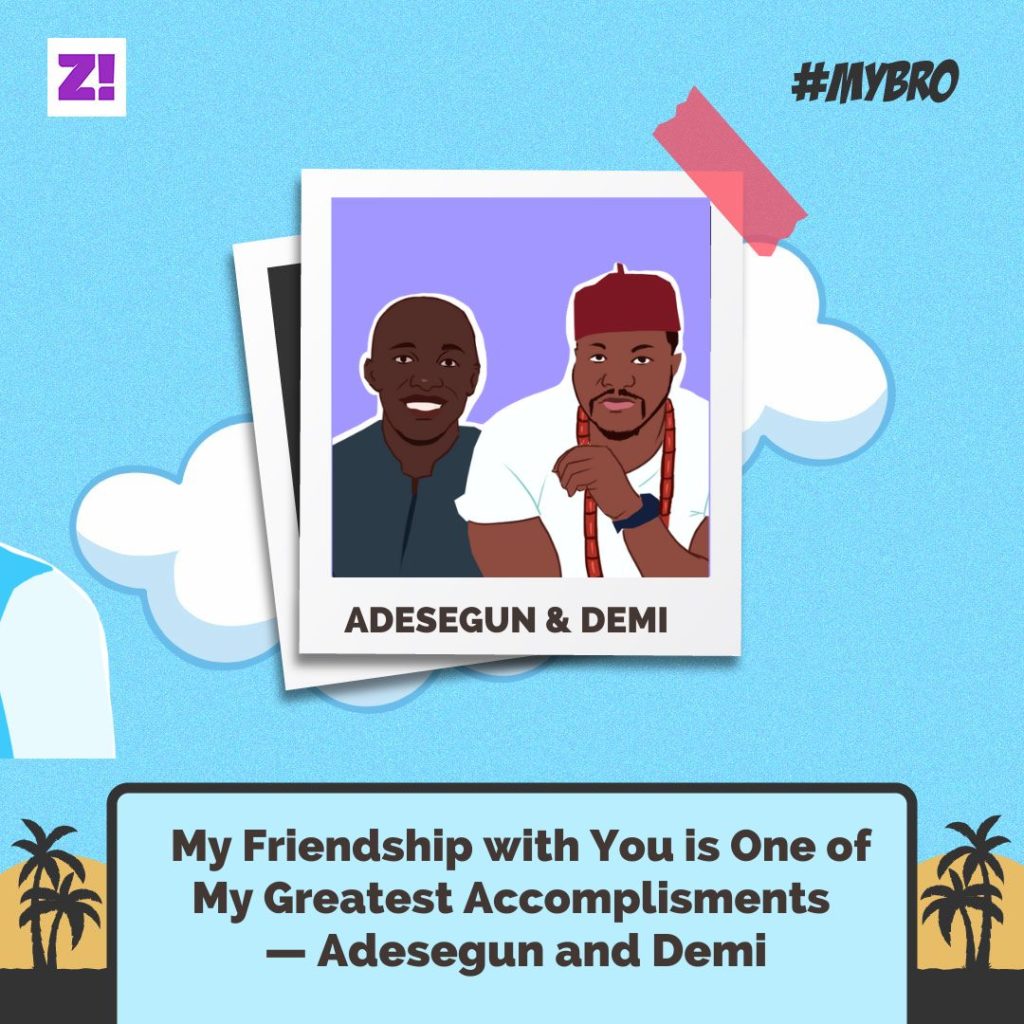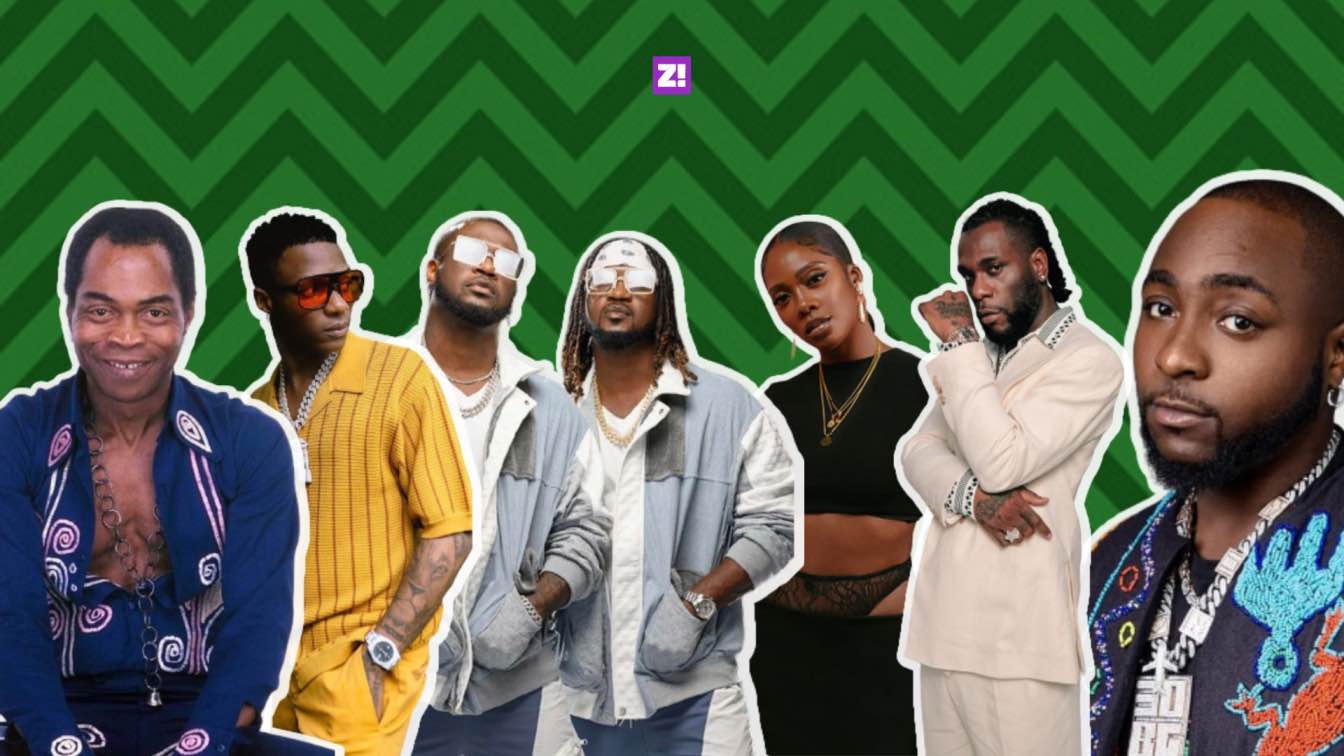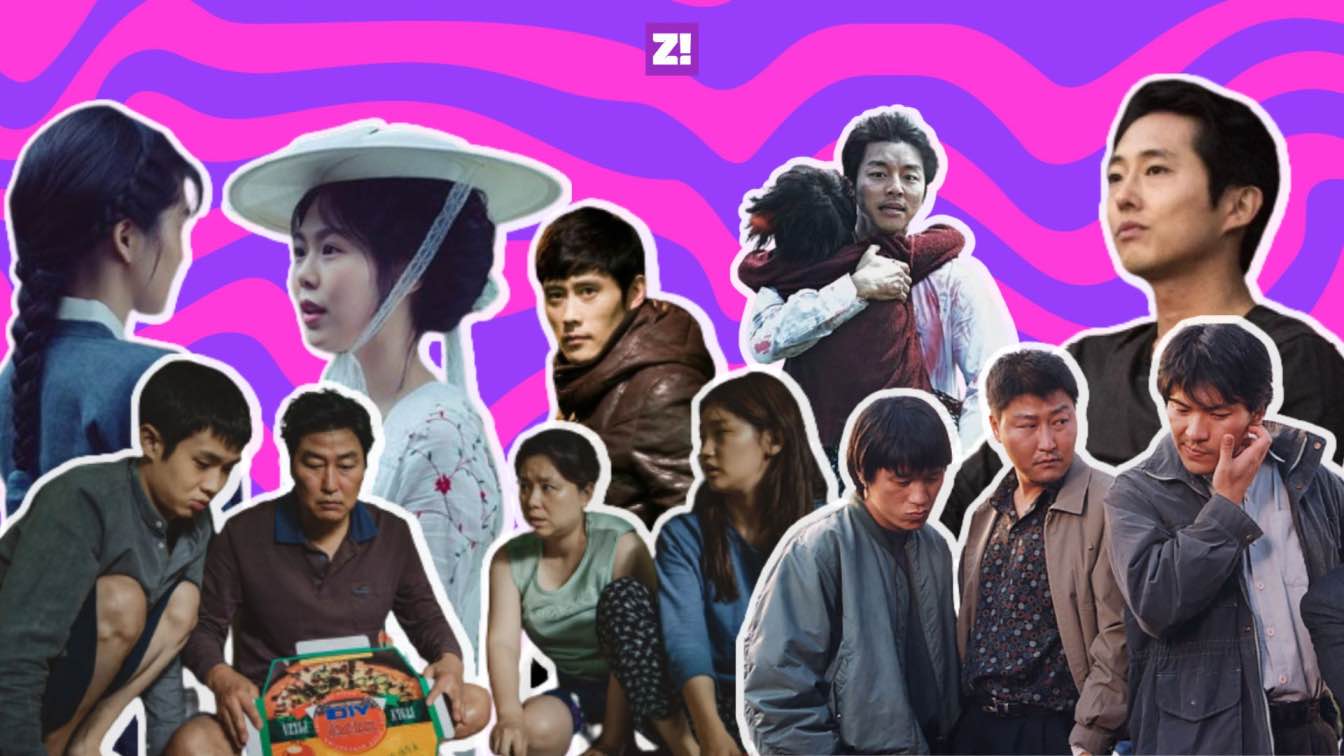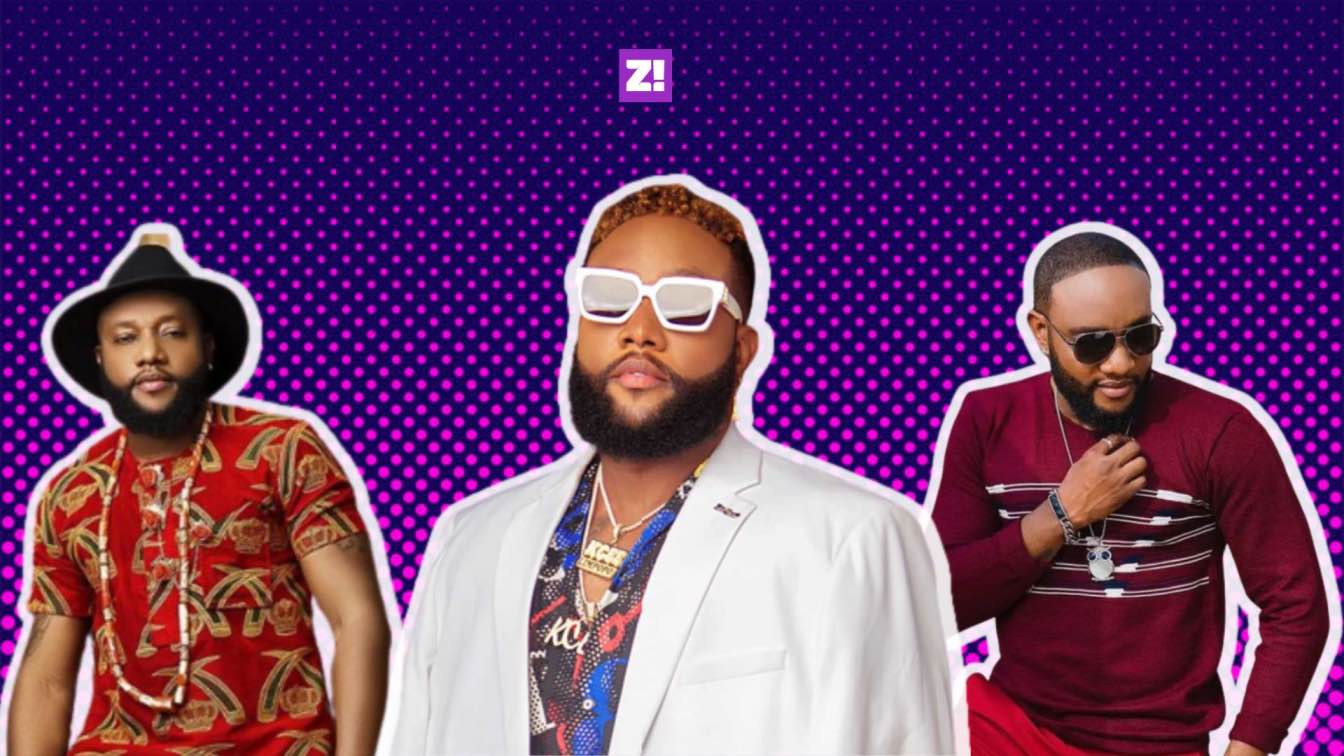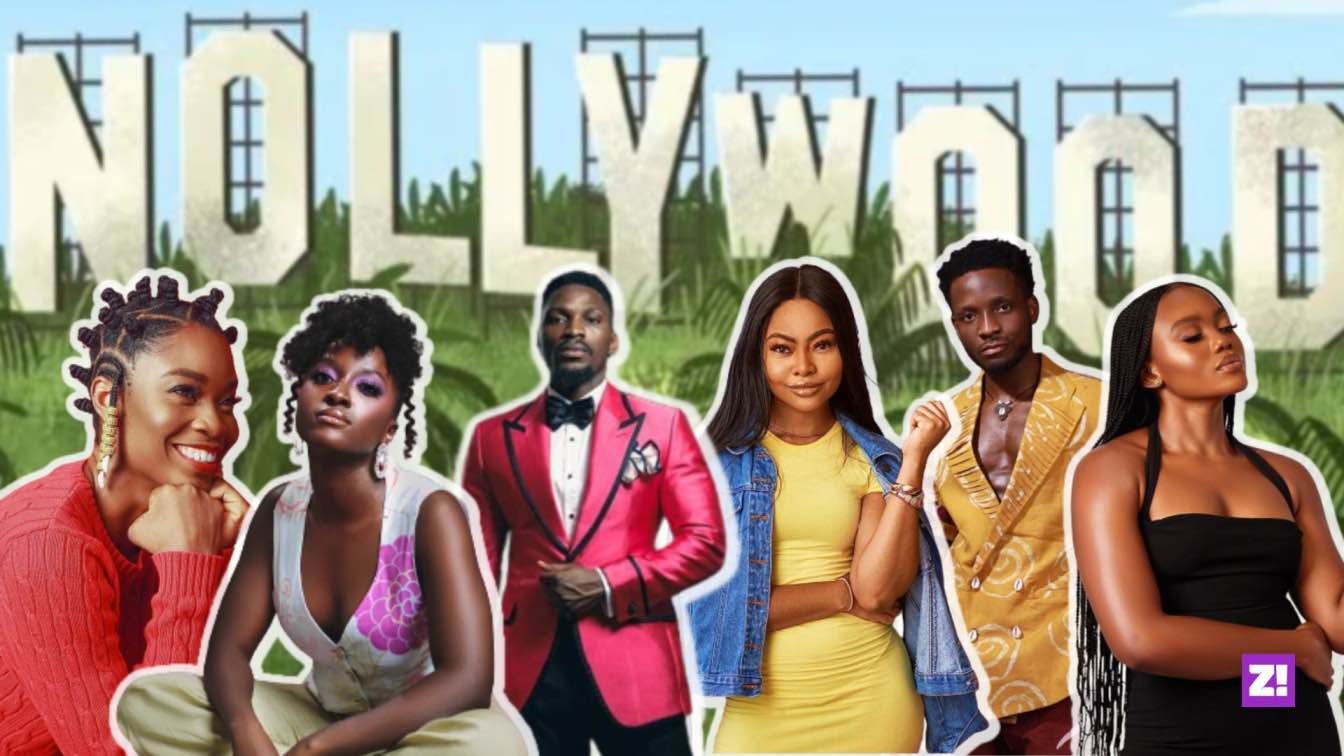What does it mean to be a man? Surely, it’s not one thing. It’s a series of little moments that add up. Man Like is a weekly Zikoko series documenting these moments to see how it adds up. It’s a series for men by men, talking about men’s issues. We try to understand what it means to “be a man” from the perspective of the subject of the week.
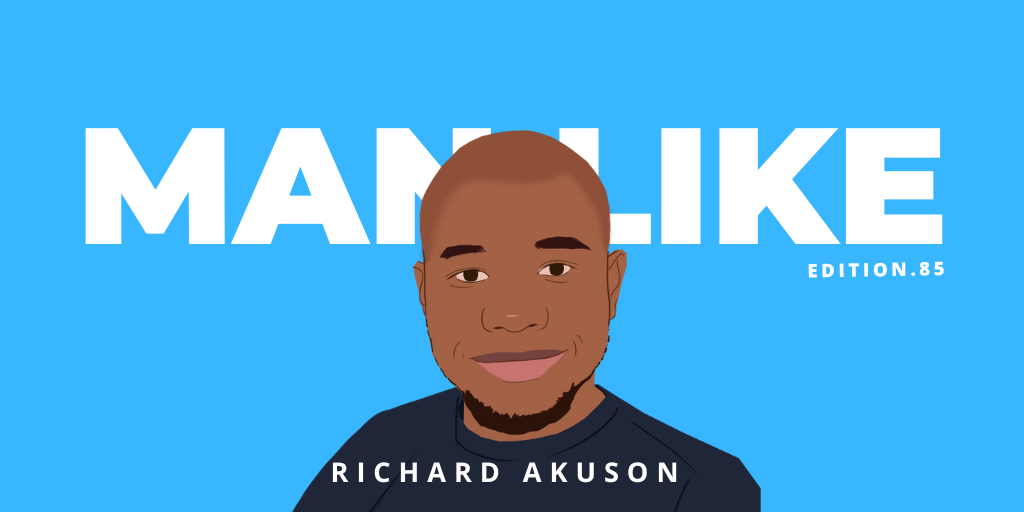
In 2017, Richard Akuson launched the groundbreaking online magazine, A Nasty Boy, to celebrate queerness in all its beauty and struggles. Over time, the magazine became a beacon of hope to young Nigerians whose identity and overall existence were being trampled on by the country they call home. Listening to Richard recount poignant moments from his childhood, what initially seemed like an obvious reason for starting the platform and stepping into the role of an LGBTQ+ activist takes a clearer shape — just like other members of this community, Richard has had struggles of his own.
In this episode of Man Like, he talks about being labelled queer way before he knew what it meant, overcoming his childhood obsession with being liked, his journey to self-acceptance and why he’s scared of growing old alone.
Let’s throw this thing back a little bit. Was there a time in your childhood when you struggled with the concept of being a man?
Oh, absolutely! I grew up in a small conservative town in the North, called Akwanga, and for as long as I can remember, I struggled a lot with getting people to see me as a cool kid. “Cool”, in this case, meant participating in the “masculine” activities my friends, siblings and other boys around me regularly did. But I wasn’t good at football nor shaking hands the way boys did. I was failing at even the simplest things and it frustrated me, made me feel inadequate. Growing up can be challenging, but it was extra tough for someone like me who walked and talked in a way people didn’t consider boy-like.
Kids are brutal. They made fun of me because I didn’t fit in with the boys, and even when I started gravitating towards girls, it became a thing in which they’d ask why I always wanted to be around them. It didn’t help that I had a brother I was always compared to because he was essentially the model of a handsome young man. Next to him, I just paled in comparison. Every day was a struggle for me.
Damn. Do you remember when you realised you weren’t like the boys around you?
The feeling of being different was always this thing that just existed. I was either called boy-girl or “inna-màcè” as a child, with the second one being a combination of the short form of my native name, Innanoshe, and “màcè”, which means “woman” in Hausa. At the time, I just thought it was a harmless nickname, but there’s still a lot I’m unpacking at the ripe age of 29.
However, if I could pinpoint a moment that had the most impact on me, it’d be my interaction with a girl I met when I was about 12 or 13, representing my state in an essay competition in Lagos. I gravitated towards her because I thought she was the most intelligent person I’d ever come across. One day, on a ride back to where those of us competing were all staying, I was talking to her, gesturing a lot, and the next thing she said was, “Oh my God. You’re such a sissy.” Even though I didn’t understand what it meant, I recognised a look I had become used to from people. I recoiled into my seat and tried to check the meaning on my phone. Something in me died the minute I saw what it meant. I felt a profound sense of shame, regret and loss. I also felt angry at myself for behaving in a way that made her recognise that part of me.
Before this, there were times when we had to choose teams for games in school. Every time this happened, I’d either not get picked or end up the last to be selected. If a teacher forced me into a group, I’d see that same disappointing look in the eyes of my classmates, and sometimes, they’d even complain out loud so I could hear them.
I’m so sorry. Did these interactions ever affect the way you expressed yourself?
In a way, yes. I was living in the shadow of my older brother, and I was obsessed with being liked. I remember realising that I was an intelligent talker, so I made it my mission to constantly flex and show people that I was smart, hoping that would make them like me. Also, my brother was shy, so this was something I had that made me special. In a way, I was doing my best to entertain them. I would tell secrets people had shared with me in confidence so that I could score points with new people I was meeting. There’s only so much gist I could share without adding my own jara and getting into trouble. LOL.
True. But where would you say this desire to be liked came from?
I was trying to make up for a lot. I was overcompensating for feeling inadequate and invisible.
Their validation would’ve satiated the very human part of me that wanted to be acknowledged and desired. But when it comes to validation from other people, I’ve come to realise that it only lasts for so long. Over time, it begins to wear off. I’ve had to work hard to find that grounding self-affirmation that’s also self-fulfilling. Without it, no matter what the world says, I’d still have a lot of self-doubt. It’s lovely to get compliments and whatnot, but what’s important to me is that I feel it too, that deep down, I know who I am.
How did you get to this point of self-valuation?
It took a long time. Even after I’d grown up and left Akwanga, I still struggled with placing value on myself. I’d prepare to go out with friends and hope I’d meet some guy who liked me. Even when I did, there were always terms and conditions to our interactions. Let’s just say I took a lot of bullshit at the time because I didn’t think I deserved better.
I’m glad I’m where I am now because I feel like I’ve worked real hard to move past looking to people for validation or to like me in general. I’ve done my best to change the things I felt insecure about that were within my control. Some of this confidence also came with age.
On the physical side, I had struggled with acne for a long time, so when I moved to America about four years ago, I got on Accutane as soon as I had the opportunity, and now, my acne is gone. I got into fitness as well. So basically, I worked to manifest for myself the things I admired about others. Another thing that helped me was journaling. Being able to unpack all the issues I was going through, confront my past and make peace with myself, went a long way in helping me get here.
I love to see it. Talking about relationships, when did you know you liked men?
I’ve known I was gay for as long as I can remember, even when I didn’t know the word for it. I’d already been introduced to all the homophobic tropes within my community, like the names I was called growing up. Before I self-identified as gay, I was already labelled by the people around me.
Shit! At what point did you find the words or understand your sexuality?
I finally understood my sexuality in my second year of university. I’d come across the words “gay” and “homosexual” before then, but it was at that point I gave myself the permission, even if regretfully, to internalise it as a part of my identity. It happened because I became friends with another guy from my university who was gay and had much more lived gay experience than I did. The way he owned his sexuality wowed me. He didn’t associate who he was with a feeling of shame like I did. I think this was crucial in my journey to self-realisation.
What was going through your mind when you finally accepted yourself?
Everything finally made sense. There wasn’t any strangeness or shock. It was just a feeling of accomplishment, peace of mind and lightness.
Talking about your friend, I’d like to know the role friendship and community played in your self-realisation process.
I can’t begin to put a value on the importance of a safe space through all of this. This space could be a person or community, just where you feel accepted and affirmed. I had a lot of that. I was accepted, not tolerated. Even what I have now with my friends, it’s a relationship in which I can show up in the fullness of my queerness and know I’m respected and accepted. These are the things I enjoy now. I wish every queer person had access to these types of affirming friendships.
Preach. So let’s pivot to your life in America. What have you learnt about yourself in the four years you’ve been away?
That I don’t have to tolerate bullshit from anybody. I’ve been able to set clear boundaries without fear of losing friends or being disliked. These days, when I feel disrespected, I speak up and put the person causing the offence on notice. I’m also making myself less available to people who objectify me and fail to see me fully. There was a time when I’d see people who were the centre of attention at nightclubs and wonder what it must feel like to be the object of everybody’s attention and fancy. And let me be the first to tell you, it can be exhilarating but also tiring. You grow tired of people indiscriminately groping and touching you for their own satisfaction. Because I exist doesn’t mean I’m here for people’s enjoyment.
Interesting. So does anything scare you?
Yes! Not living up to my fullest potential and not doing enough with my life. I’m also scared of getting to a point where fear and doubt influence my choices in life. When I was younger, I remember my Aunt Becky telling me she loved how fearless I was. She was like that too, she said, but as she got older, she lost that spirit. The older we get, the more fearful we become, the less daring we get with everything in life. This is true for me. Some days, I imagine I’d make a good actor, but fear kicks in every time I think of taking the first step. I fear failure, rejection, mediocrity and so on. I hope the fear of failure doesn’t become a hindrance for me.
Oh! I’m also afraid of growing old alone. To be clear, this has nothing to do with romantic companionship. I want what my grandmother had. She had children, grandchildren and great-grandchildren. She had a house full of laughter, chaos, and ultimately, joy. That’s what I want.
Ah. I see. So on the flip side, what gives you joy these days?
I find joy in my friends, family and just all the people I love in my life.
